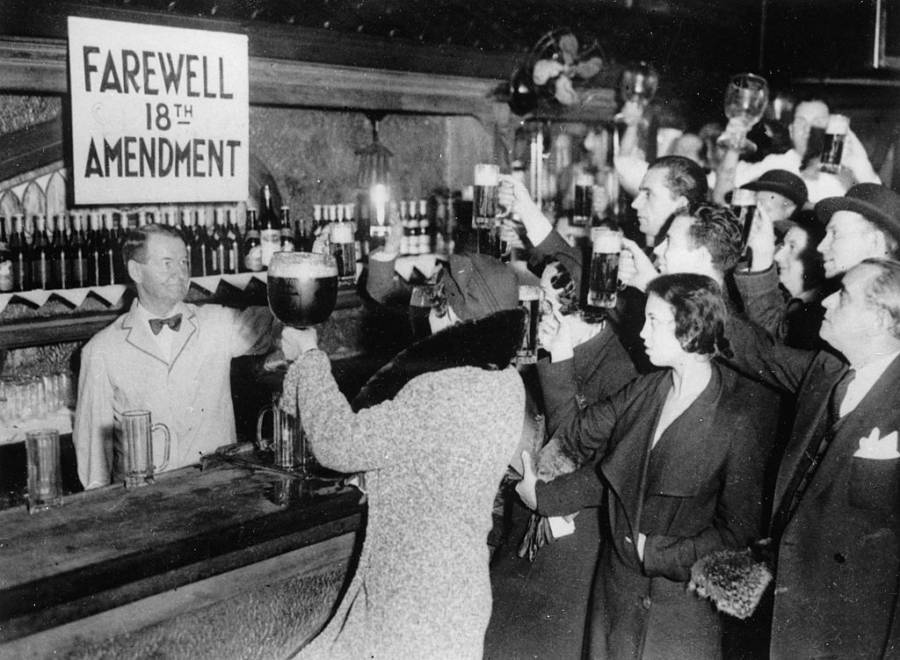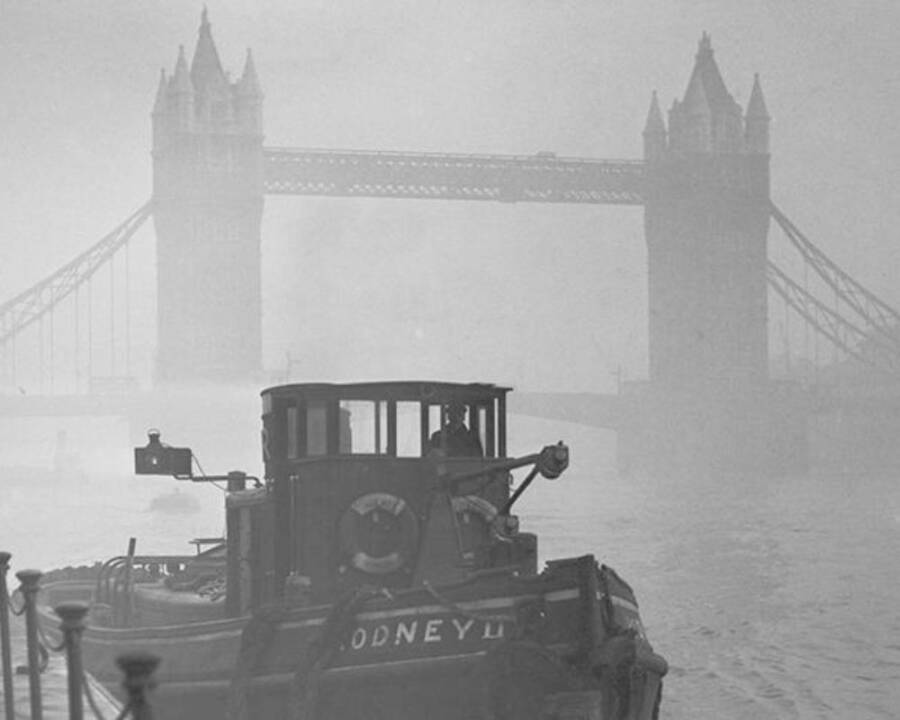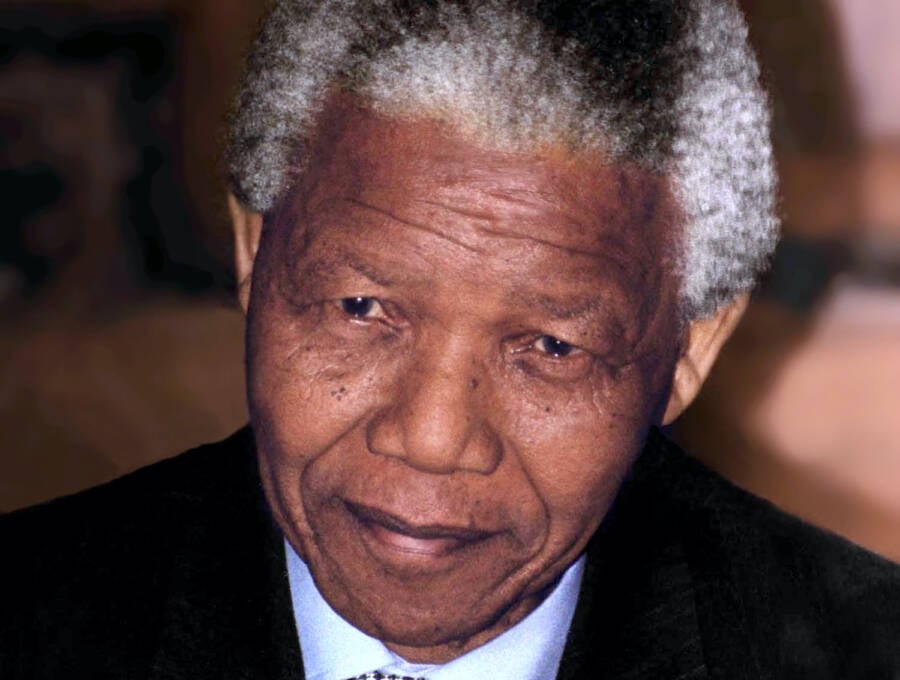What happened on this day in history: Prohibition ends in the United States, Nelson Mandela dies in Johannesburg, and more important historical events that fell on December 5th.
1484: Pope Innocent VIII Condemns Witchcraft
Pope Innocent VIII issues a papal bull recognizing and condemning the practice of witchcraft. Summis desiderantes affectibus — Latin for “desiring with supreme ardor” — was written when German clergyman Heinrich Kramer asked the Pope for express permission to prosecute witchcraft in his country.
The bull allowed the Inquisition, or the group of institutions within the Catholic Church that combated heresy, to “correct, imprison, punish, and chastise” anyone who strayed from the faith by practicing any sort of sorcery. Some believe this bull set the stage for the many witch hunts that unfolded over the centuries to come.
1791: Mozart Dies
Wolfgang Amadeus Mozart, one of the greatest composers in history, dies at 35 years old. The composer’s death is subject to several rumors about a poisoning scheme.
1872: Mary Celeste Is Found Abandoned
The Mary Celeste is found abandoned near Portugal’s Azores Islands.
1933: Prohibition Ends In The United States

Imagno/Getty ImagesPatrons at a bar in New York toast to the end of the 18th Amendment.
The 18th Amendment to the U.S. Constitution, which prohibited the manufacture, transportation, and sale of alcohol, is repealed with the ratification of the 21st Amendment. Prohibition had gone into effect in 1920 in an effort to reduce crime and improve public health, but it had the opposite effect when there was a sharp rise in organized crime due to bootleggers like Al Capone stepping in to supply black market booze.
This, in addition to the large amounts of money necessary to enforce Prohibition, quickly caused it to plummet in popularity by the early 1930s, culminating its enthusiastically-received repeal in 1933.
1952: The Great Smog Descends Over London

Fox Photos/Hulton Archive/Getty ImagesLondon’s Tower Bridge in the thick smog.
A thick smog settles on top of London, killing as many as 12,000 people over the next five days. Unusual weather conditions caused smoke from coal-fueled fires and other pollutants to become trapped near the ground, giving the air a “pea soup” appearance. Though London was used to fog and smog events, the Great Smog reduced visibility to just a few feet and even made its way indoors, causing thousands to fall ill or die from a host of respiratory problems.
2006: Fijian Coup D’Etat Results In Presidency Of Frank Bainimarama
The Fijian coup d’état results in the presidency of Frank Bainimarama. Bainimarama was the commander of the Republic of Fiji Military Forces (RFMF) when highly unpopular bills addressing the country’s ethnic divide were introduced in Fiji’s parliament. Bainimarama spoke out against the bills and demanded their removal from consideration. Fiji’s prime minister, Laisenia Qarase, and President Josefa Iloilo, did not attempt negotiations with Bainimarama, and a coup led by the commander overthrew them.
2013: Nelson Mandela Dies

Wikimedia CommonsNelson Mandela in Washington, D.C. in 1994, during his first-ever trip to the United States.
Nelson Mandela, anti-apartheid activist and the first president of South Africa, dies in Johannesburg at the age of 95. Mandela’s health had been deteriorating for several years, but his official cause of death was a respiratory tract infection.
News of his passing sent the world into mourning, and leaders from some 90 countries came to his funeral to pay their respects to the man who spent nearly 30 years in prison as part of his fight for racial justice in South Africa.



